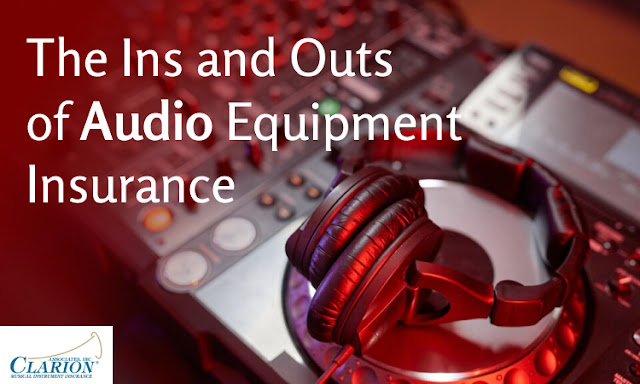Starting your music production journey can feel exciting, but it can also be a little overwhelming when it comes to choosing the right equipment. With so many tools and pieces of gear available, it becomes easy to get lost in all the options. You might see professionals using complex setups and wonder if you need everything they have just to get started. The good news is you do not. Getting started as a beginner producer is all about having the right foundation. Once you understand what matters and why, building your setup becomes clearer, simpler, and manageable without wasting time or money.
It Starts with a Clear Goal
Before buying anything, you should be clear about what kind of music you want to create and how you want to work. Some people lean toward beat making, others toward recording vocals or instruments, and some explore mixing or remixing. Each approach can shift the gear you might focus on. That said, some basics fit into almost any beginner setup. These are the tools that help you record, mix, listen, and improve with each session. Knowing what belongs in that starter kit makes it easier to move with intention and avoid distractions from tools you may not even need yet.
The Core Gear That Gets You Started
A solid beginner setup should focus on equipment that improves sound quality and helps you work smoothly. Here is a list of what matters most:
• Digital Audio Workstation (DAW): This is where you create, record, edit, and mix your music. Some of the popular options include FL Studio, Ableton Live, Logic Pro, and Reaper.
• Audio Interface: This connects your mic or instrument to your computer. It makes sure your audio is clear and accurate when you record or play it back.
• Studio Monitors: Unlike regular speakers, these give you a flat and accurate sound. That helps you hear the true details of your track.
• Headphones: Closed-back headphones are useful when recording, while open-back headphones work better for mixing.
• Microphone: A good condenser mic is great for recording vocals and instruments. You will also need a stand and pop filter.
• MIDI Keyboard: This helps you play software instruments in your DAW. Even a small keyboard gives you more control and makes creating easier.
• Cables and Accessories: Make sure you have the right cables to connect everything. Little details like stands, acoustic foam, or desk space matter too.
Use Less to Do More
As a beginner, it is easy to get caught up in trying to buy everything. But having fewer tools that you know how to use well often leads to better results. Each piece of gear becomes more valuable when you understand how to get the most out of it. Learning how to work with what you have builds skill and confidence. As you grow, you will know when it is time to upgrade based on real needs, not impulse or pressure.
It is also smart to think about audio equipment insurance once you start building your setup. Good gear can get expensive fast, and things like damage or theft can throw off your whole process. Having that kind of protection helps you stay focused on creating without added stress.
Make Your Space Work for You
You do not need a professional studio to feel inspired. What matters is that your space feels comfortable and helps you stay focused. Organizing your gear so it is easy to reach and using simple things like cable holders or acoustic foam can help more than you think. When your workspace feels calm and functional, it becomes easier to stay in the zone and make the most of your sessions.
Wrapping Up
Starting in music production is about learning what works for you. You do not need to copy someone else’s setup or collect every tool. What you need is a foundation that gives you clarity and control. Once you have that, your skills begin to grow faster, and your workflow becomes smoother. And as your gear collection grows over time, it helps to look into audio equipment insurance so you can keep your tools protected and stay focused on the creative part of your journey.









